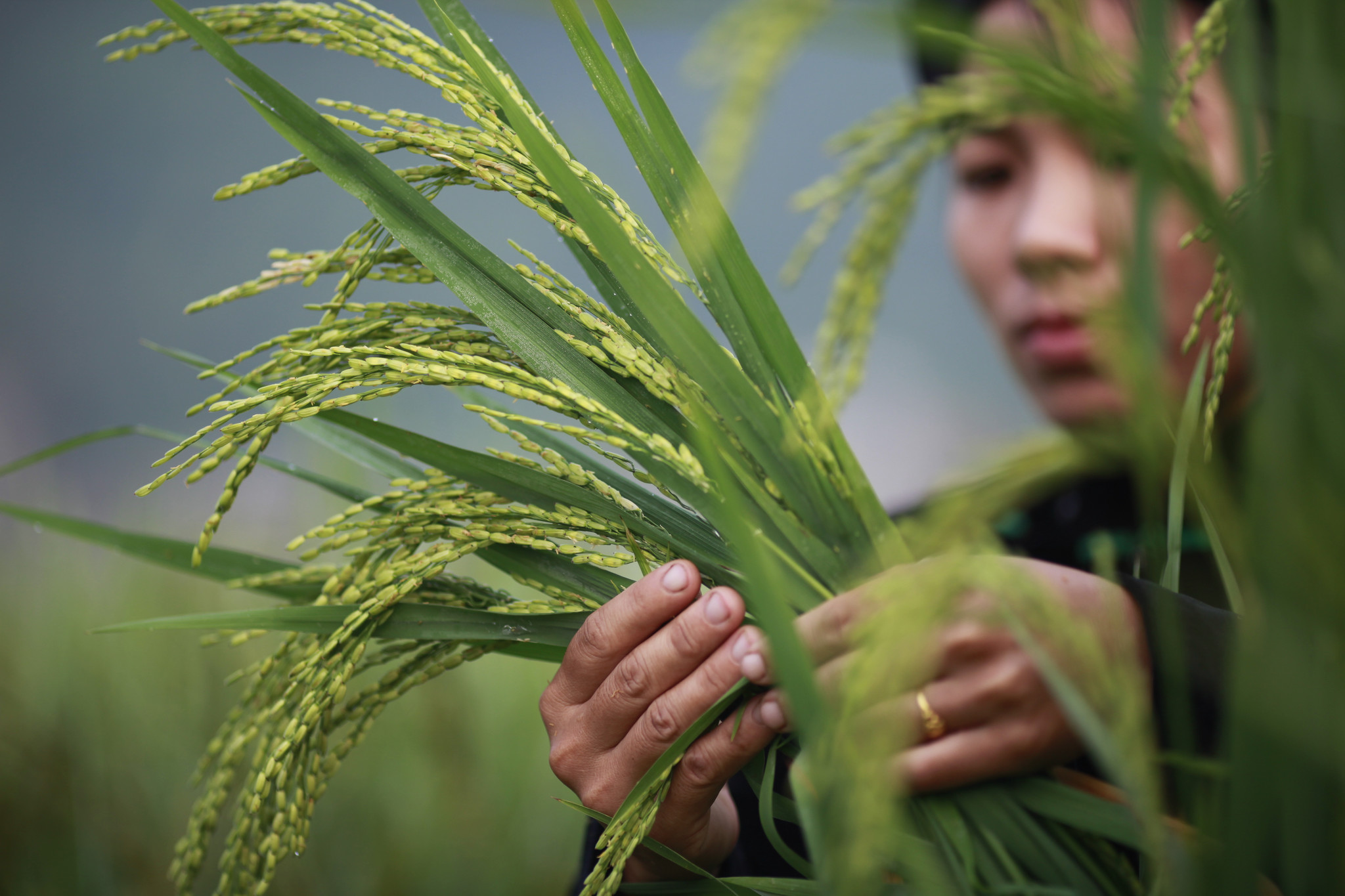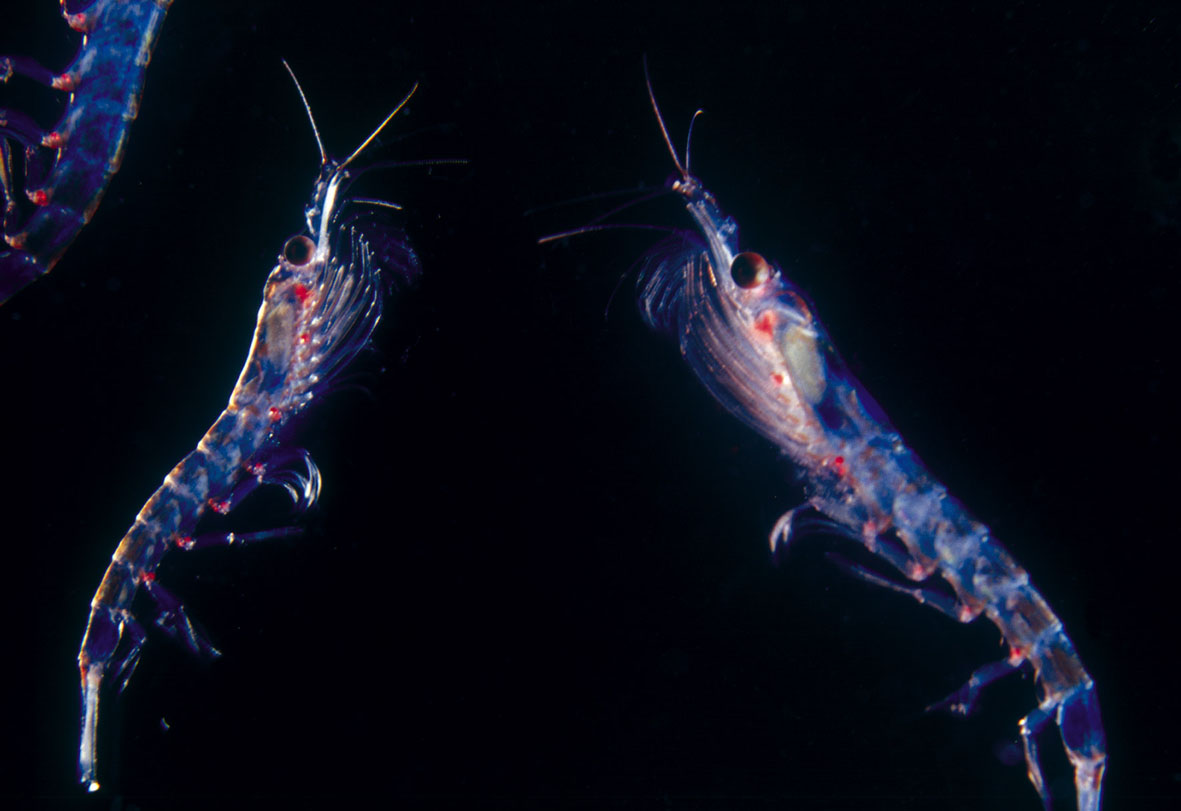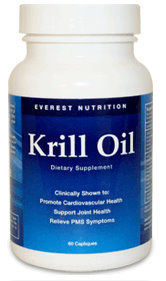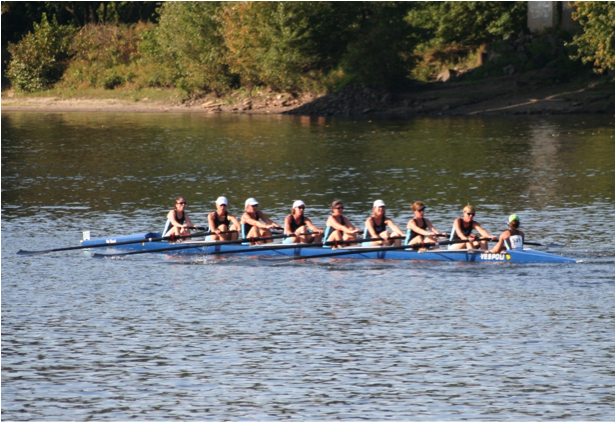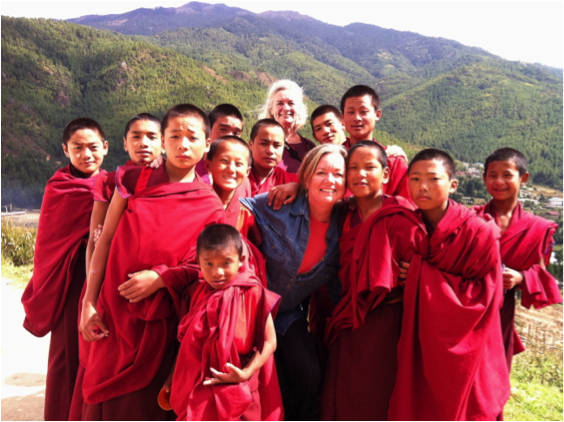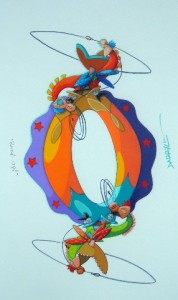What woman has changed your world…or hers’?
[Credit: Chau Doan/ Oxfam America]
When it comes to advocacy, I’ve got soft spot in my heart for women. That’s why I’ve spent at least three days a week since 2008 advocating for women’s health, for women to take care of themselves and for women to take care of one another. So, when a friend asked me if I would help support Oxfam America’s International Women’s Day campaign, I couldn’t say no.
This year, Oxfam America is hoping that you will help them honor women who have made a difference in your community. Or in your life…simply because women become stronger and more resilient when we support one another.
According to recent statistics:
- 66% of the world’s work is done by women and yet they earn only 10% of the world’s income
- The majority of the earth’s population that are living in poverty (more than 2.5 billion people in total) and surviving on less than $2 a day are women and girls
Time and again, I’ve written about how the foundation for the health and wellbeing starts and ends with social support. Indeed, research has shown that women’s innate ability to nurture and nourish ties, coupled with overall satisfaction with work significantly predicts wellbeing especially during midlife and over the menopausal transition. It may even affect how long we live. Nowhere is this more important than in the communities where we reside because as much as many of us complain about how busy we are, there is a deep, soul stroking satisfaction in taking a moment to pause, acknowledge and help one another.
Consequently, this week and next, I am challenging you to think about the woman (or women) in your life that has changed your world? Or hers’. And, encouraging you toTo support Oxfam America’s goal to end world hunger and empower women through their GROW campaign. Women are hungry and to combat that hunger. Oxfam’s GROW campaign urges all of us to make smarter investments in small-scale farmers, especially women, whose efforts can help find sustainable solutions to hunger. Women like my oldest and dearest friend, Susan Ujcic, co-founder and co-owner of Helsing Junction Farm in Olympia, Washington.
This isn’t about money; it’s about gestures, such as:
- Sending an International Women’s Day eCard to a woman you know, to say thank you for all that she does. Better yet, send it to several women who’ve made the world a better place.
- Giving the Oxfam America International Women’s Day 2012 award to a woman you think has made a difference to the world. She could be a teacher, your mom, a non-profit leader, a woman entrepreneur, the neighbor who always checks up on you when you’re ill… the possibilities are endless.
- Joining Oxfam’s Sisters on the Planet initiative.
One email, one award, one woman at a time. Imagine the difference a simple gesture can make.
Read More
Motivating Women…Part 3: New Attitude
If you haven’t caught this week’s posts, I’ve been talking to three powerhouse women: Shonali Burke, Kami Watson Huyse and Julie Pippert about the changes that they are making in their lives to improve their health. From the reaction these posts have garnered, I am convinced that my instincts were correct: their stories are nothing but motivating, not only to other women but also amongst themselves.
The sum of our parts
One overriding theme that arisen as this series has unfolded is that as women, we are often as strong as the sum of our parts. Research has shown repeatedly that women thrive when they are supported by others. As I wrote several years ago ‘tending and befriending,’ nurturing our personal relationships, communicating to one another when we need help, finding a shoulder to cry on or simply offering a hug not only reaffirms who we are but can also provide an essential foundation to see us through. The same goes for starting and maintaining a healthier routine: if you have a strong foundation, there’s no limit to what you can achieve.
To a certain extent, aging has given these women strength to take on new challenges and has acted a personal motivator to take back their health. “I am actually really enjoying my 40s,” says Shonali. “I feel much more ‘together’ than I did in my 30s and definitely in than in my 20s. I suppose as you age, you realize that life isn’t really worth anything unless you are satisfied that you gave it your all each day.” And as Julie notes, it’s not as easy as it once was to “coast in good health.” Rather, she expresses that, like many of her peers, the challenges have piled on and “it’s harder and harder to keep up good health and good feeling, as well as a trim and fit body.” Moreover? The old adage ‘there’s no time like the present’ has certainly put its tendrils in these women’s psyches; Kami says that she knows that if she doesn’t “start now, I only get older from here.” This perspective is quite interesting because it does speak to the inside out; if you feel good about yourself, your outward glow certainly radiates a younger, healthier you.
A game plan
Your strategy for achieving personal wellness goals is just that: yours’. As noted, having a fitness ‘buddy’ or a personal trainer to lend support and push you to go the extra mile is optimal. So is journaling, says Julie. “I think it’s crucial to journal, at least during your initial phase of getting healthy, especially when it comes to eating right and being active. It’s a pain and not something I can maintain long-term, but each time I hit a plateau or start gaining [weight], I go back to journaling and see, oh yes, I am eating too much or too much of the wrong things and I’m not exercising enough. Or I’ve hit an exercise rut and it’s time to shake it up. Some people need a lot of shifting and I am one. You have to listen to your body. If you aren’t achieving your goal, it’s probably time to start journaling again and figuring out what you need to change.”
Give to yourself and they shall receive
As women, we don’t always adapt well to being on the receiving end. Mindful living, as I wrote about a year ago, is essential to our ability to care for others:
How do we acknowledge that be cared for does not equate to losing power or control but actually improves outlook, wellbeing, and ability to deal with any challenges that we might be facing, that allowing others to “do” empowers and does not ‘de-power?’ Is it fear of refusal? Or fear of letting go?
Importantly, being cared for also refers to being cared for by ourselves. That means incorporating healthier habits that will add that extra armor we need as we age. As Kami says, “it is so easy for us to put everything and everyone else first and forget that by taking care of ourselves we actually are doing everyone a favor,” adding that “as a mother and a spouse, when I am less stressed out and taking care of my health and wellbeing it is a much better environment in my home.”
When was the last time you stepped back and really stopped to take stock? “Women spend so much time looking after/worrying about others that they don’t take enough care of themselves,” says Shonali. “We need to nurture ourselves first; only then will we be strong and capable enough to do this for others.” She adds an interesting point of view about taking time, that it’s not selfish. “We need to take a second look at the word ‘selfish'” explains Shonali. “It’s not selfish to be well. It’s not selfish to give yourself personal time and space. It’s not selfish to make your own health a priority. In fact, it’s the best kind of selflessness, because only then can we truly and wholly care for others.”
If you are still on fence about diving into a new routine, just try. Be present, engage in the moment. Start slowly and build up. You don’t need to run a marathon the first time you step out in your new sneakers. And you don’t have anything to prove. However, also? Don’t lose sight of the joy and fun as you move through your goals: the humorist Josh Billings said it best:
“There’s lots of people who spend so much time watching their health, they haven’t got time to enjoy it.”
Motivating women. There are three in my immediate horizon and thousands more around me. And you? Take some time and look around. I bet you’ll be glad that you did!
Read More
Fish oil. One of these is not like the others…
[Photo credit: Australian Government Department of Sustainability, Environment, Water, Population and Communities. Australian Antarctic Division. ™2004.
Fish oils. Love em or hate em, they’re here to stay. And researchers will continue to research the hell out of these substances — namely omega 3 fatty acids — until they solve the question of ‘do they or don’t they?’ Meanwhile, true confession: as much as I’ve attempted to take fish oil supplements or flaxseed oil per health practitioner recommendations, I’ve always failed horribly. It’s the burp factor. They make me burp and I taste fish all day long. Can’t stand it. Or Stomach it. Or something.
And then I was contacted by the folks over at Everest Nutrition Corporation about its krill oil supplement. And I’ve been reborn.
Let me give you a brief overview of omega-3s and then the lowdown on krill. And why I’ve been converted.
Early last year I wrote a post on research that examined if some of the most commonly used ingredients in supplements may or may boost certain components of mental energy. Here’s an excerpt (although if you’d like to read the post in its entirety, you can find it here):
Omega-3 fatty acids I love fish oils. Researchers continue to study them because their utility is so broad, although the source of omega-3, dosage and ratio of EPA and DHA appear to be important factors in terms of mood (i.e. depression in particular) and mental energy. Overuse of fish oils can also impair the ability of blood to clot and depress overall immune functioning. Still, out of the dietary components that researchers studied, omega-3′s were by far the one most backed by clear data. Most recently, they’ve also been shown to help prevent stroke. In so far as mental energy goes, the researchers note that evidence suggests that fish oils may help delay or reduce cognitive decline in the elderly or improve verbal fluency. Less clear is whether this benefit is stronger if the they are taken earlier in life before cognitive decline. And of course, there is litte agreement on whether or not fish oils supplements convey the same benefits as obtaining the through dietary sources. And, if you choose to obtain your omega-3s through supplementation or pure oil, there is the issue of overfishing of the world’s oceans and how fish oil preparations may contribute to the problem.
So what about fish oil supplements derived from krill?
Krill are small, shrimp-like crustracean that feed on microscopic organisms in the ocean called phytoplankton. Compared to other sources of omega-3s, krill is in less danger of being overfished, one reason why it is so attractive. However, the omega 3s in krill oil attach themselves to fats the form cell membranes (phospholipids), rather than triglycerides, which theoretically makes krill derived omega-3 fatty acids more effective reducing fats in the heart and liver. Another benefit of krill oil is that it contains an antixidant called astaxanthin, which helps protect the body from damage by UV rays, and can help reduce LDL-cholesterol levels while raising HDL-cholesterol levels. Moreover, astaxanthin crosses the blood brain barrier, meaning that it might be of use in protecting eyes, the brain and the central nervous system from circulating free radicals.
However, buyer beware! Not all krill oils are created equal and you want to be certain that what you’re buying meets the highest standards in terms of:
- Meeting content claims about levels of ecosapentaenoic acid (EPA), doxosahexaenoic acid (DHA) and phospholipids
- Meeting claims about how much astaxanthin is delivered per capsule
- If the formulation meets standards for purity, safety and cleanliness per International Krill Oil Standards (IKOS)
- If the product is stable
- If the product meets the standards for contents of heavy metals and mercury
You also need to know that krill oil should not be taken by people with shellfish allergies. Additionally, some people report having gastrointestinal issues, e.g. diarrhea, loose stools when taking krill oil; this is due to the fatty acid that is present in the oil, and may be alleviated by taking a lower dose. Like other forms of fish oil, krill oil may also thin the blood and impair its ability to clot, and in some cases, may interact with thyroid medication. Pregnant women should speak to their doctors before trying krill oil.
Like many other forms of omega-3 fatty acids, krill oil can be expensive. A 30-day supply of Everest Nutrition’s Krill Oil costs roughly $30 a month, which comes out to $1 a day or $.50 a capsule.
So, what do I think? I’m a believer. I have had physicians and other healthcare practitioners recommend that I take fish oil for as long as I can remember. And I haven’t because of the burp factor. I’m grateful to have discovered krill oil. And I highly recommend Everest Nutrition’s formulation, primarily because the manufacturer adheres to the highest of standards.
[Disclaimer: I was not paid to write this review of Everest Nutrition Krill Oil. However, company representatives did provide me with product to try.]
Read More
Finding the ME in menopause. Guest post by Kelley Connors
Sometimes you meet a person and know instantly that s/he will be an influencer in your life, someone who shares a common interest and someone who can teach you a few important lessons. Kelley Connors is one of those people. I met Kelley at a conference last Fall and continue to be wowed by her contributions to women and their health. Thanks Kelley, for this great post!
The ME in menopause is a journey, or as best-selling author, Gail Sheehy, might say, a passage. Only there are distinct differences from that original publication back in 1976 when Ms. Sheehy was in her late 30’s, and first wrote about the midlife “crisis” as passage point.
Ms. Sheehy is the first to admit that the first book fell short on what would become the real midlife, as she had no idea of what 50 might look like herself in 1976, other than distinctly “old” images of her mother and father. (Since then Ms. Sheehy has written New Passages and Passages for Caregivers, inspiring many women like me to also share my “passage”.)
Things are different today, in 2012, as we now know that menopause is a time of estrogen-deficiency, and not a crisis at all, but a virtual gateway to the next 30-40 more years of life. It’s a time of awakening, of realizing our potential, and potentially a very free-ing time in our lives.
That’s how I’ve chosen to see this time in my life and I’d like to be one of the increasing numbers of “old” women, who might see 92 from the third seat in a scull, and rowing in a Master’s rowing event instead of succumbing to osteoporosis, one of my biggest risk factors.
So, with my vision for how I wanted to be at 92, I became more interested in creating a foundation for wellbeing, a pathway that would give me the tools for a positive mindset, a flexible and strong body, and the energy to be creative – all factors in assuring longevity. Research shows us that doing all we can do in our 50’s is critical to setting a foundation for living well through out our life – emotionally, physically and spiritually.
How I Have Reinvented Menopause (so far)
As I near menopause, I decided to take new steps – steps that I had previously not really considered important in my life.
Once I learned about how the physiological changes associated with estrogen loss, I decide to be more proactive in preserving my quality of life, and perhaps even gain strength, muscle mass and, the holy grail, fulfillment and happiness. One thing was motivating me for sure – I did not want to succumb to the conflicting and disingenuous advertising messages we’re bombarded with as we women age!
First, exercise for wellbeing. I made a decision to join a women’s rowing, or crew team. It was not a decision that was easy to make, as I’m not an early morning person, but, as I’ve come to appreciate, there’s nothing like rowing with like-minded women on calm waters – and, there’s no better way to start a hectic day than rowing at 7 am. The really great thing about rowing is that you have to learn to “recover” from each stroke, giving you the cardiovascular strength you need to row for at least 30 minutes and possibly, achieve your target heart rate for at least 20 minutes. Cardiovascular strength training such as rowing or bike riding, is good for your heart, and makes you feel better, giving you a sense of wellbeing. While you will probably loose weight, the sense of wellbeing will be motivation enough to continue your commitment to yourself. You might even be able to rid yourself of an anti-depressant prescription!
Second, take a proactive mindset instead of a reactive mindset around nutrition. One of the changes I made to my diet, as a result, was taking dietary supplements. New research shows that taking a multi-vitamin may not help us women live longer. However, there are several key dietary supplements that are recommended for menopausal women such as fish oil supplements ( Omega-3 fatty acids), Vitamin D and Calcium. Have you considered taking any of these supplements that are proven to help menopausal women?
Third, I created my first ME-Pause. This “ME-pause” was packaged in a not so neat bow, with no clear answer, no clinical trails, and, ironically, no obvious relationship to my health. My Me-Pause was a defining moment as I declared the death of my life as a run-on sentence. Taking time to pause, reflect, think and plan have become more important to me. Putting a comma in a sentence is a good thing.
My ME-Pause turned out to be a cultural expedition to a little known ancient civilization, the last Shangri-La and a Buddhist haven nestled in the Himalayan Mountains – Bhutan. A remote civilization with few roads and hundreds of temples, Bhutan measures its progress by Gross National Happiness – as opposed to GNP. As Buddhists, the Bhutanese believe happiness arises from causing happiness in others. It’s more than a fleeting feeling of joy, but a belief in the power of positive thoughts, simple acts of kindness and love that transform people, communities and our relationship to the world.
The overarching result of my two-week trip to Bhutan with my aunt remains significant in my life today. I’m looking at menopause as a glass half full, a time in my life that is just the beginning to finding and designing the second half of my life with renewed passions and interests. I’m seeing, for the first time, that I can create my own wellspring for living better .. and into old age..and just maybe, I’ll have that third seat in the scull with three other women rowing the calm waters of the early morning.
About the author…Kelley Connors, MPH, is a women’s wellness coach, marketer and advocate for women’s health. She is the founder of Real Women on Health and President and Chief Creative Officer for KC Health.
Read More
Three words for 2012: you are beautiful
This past Monday, I asked readers to peruse the archives and choose a post from the year that resonated most with them. My goal was to pay forward some of my good fortune and gratitude, not only for an audience who returns to learn and share about the trials and tribulations of aging and being a woman, but also, to give thanks for the ability to help someone who has not been so fortunate. Margaret Chaivez commented that this post from April of this year, one in which I responded to a reader who called me an ‘old bag,’ spoke to her, adding that she has “realized that make up and clothes can help me morph into something folks like Jimbo may appreciate. Yet without the confidence and self awareness, it means nothing.”
As women, we are often expected to live up to an ideal that is either unrealistic or unreal. And yet, the pressure that is placed on us to do so often comes from within. Ironically, the title ‘menopause’ has caused a lot of women to turn away from Flashfree, not realizing that the time to start embracing is earlier than the ‘pause, and the time to start preparing is the same.
I want to thank Margaret for taking the plunge and having the courage to embrace her beautiful self. And mostly? For helping me help others.
Happy New Year!
Are you an ‘old bag?’
Evidently if you are over 40, you are at risk of becoming one, especially if you are not ‘nice to men.’
I was struck and a bit stunned by a reader comment that I received this week. The comment was in response to a post about the Cougar Convention, and made a point to denigrate women as much as possible.
This is what Jimbo wrote:
Yes, most all women are desparate. Look how they dress. Look at the makeup. Look at what they show off. It is obvious. They are desparate for sexual attention. Yet, they want the attention as if they are in control and giving themselves as a gift. This is a none truth. Women need to get real and look at themselves and their own behavior. They are desparate for sex and men.
When women get to be 40+, they start to get honest. Heck, there is not much time left to pretend. They need to find a man and be real nice to him before they turn into old bags.
A number of readers have responded to Jimbo’s comment, obviously taking offense. I chose to leave Jimbo’s comment up up for the very reason that I don’t censor; afterall, Jimbo is entitled to his opinion. However, I would like to leave Jimbo with this:
Jimbo –
40 year-old+ women are sexy, beautiful and self-assured. They have lived long enough to have gained the wisdom to allow them to feel comfortable in their bodies. And have a tendency to embrace who they are, sometimes even more than their younger peers. Nevertheless, in all fairness, you responded to a post entitled “Pimp your hide,” in which I referred to certain women attending a convention that encourages them to use their sexuality to attract a younger man. This however, is the exception and not the rule; the majority of women I know do not have fake boobs or plumped lips and have not done liposuction. While many color their hair (present company included), don’t be surprised if you find them out and about without makeup or wearing jeans and a tee shirt. Or better yet, out with men their age or older. Yes, Jimbo, women don’t always ‘dress to kill.’
So, Jimbo, I’d like you to see what a soon-to-be 49 year-old looks like – at the gym and home, with or without make-up. I can assure you; I am not an old bag nor do I ever intend to be one.
What does your 40+ look like? Comment or send me a photo and I’ll post! Let’s make Jimbo eat his words.
Read MoreGuest Post Roundup: Sex, Generations and A Whole Lotta Love
As we come closer to the year’s end, I’d like to express my gratitude to a few of my colleagues who took the time to publish their thoughts on Flashfree this year. And, althoughI receive a lot of solicitations, there are few that I feel are worthy of your time or your close read. These, on the other hand, rocked my world, not only because of their breadth and finesse but also because of the love behind the words and thoughts.
This is a Roundup that you don’t want to miss.
[Credit: Special and enduring thanks to artist Darryl Willison of whimsicalwest.com. Please visit his site and support his work!]
- Should fatties get a room? Dr. Brian Hughes has lent his fine prose to this blog several times and often writes insightfully about how our society takes advantage of women. When I stumble across something on his blog that screams Flashfree, I reach out and say pretty please. Brian rocks!
- Should I or shouldn’t I? Oncologist, journalist and educator Dr. Elaine Shattner has spent most of her online bandwidth on discerning the facts about breast and other cancers. Let’s face it; there is a lot of information swirling around the Interwebz and when it comes to figuring out what it means, well, the challenge can be daunting. Want to know more? Elaine’s your girl for the 4-11.
- Anti Anti-Aging, Pro Great Glow. Do you want to fight your years? Or fight FOR them? Writer and author D.A. Wolfe dishes up some provocative prose and challenges the inner you. This one’s got “win” written all over it.
- Counterterrorism, women and 9-11. Doesn’t sound like a topic for Flashfree, does it? But my friend Anne Weiskopf shares a poignant piece about what it means to be a woman. And a mother.
- Want to get your groove on? Move. Alexandra Williams, motivational speaker, fitness writer, radio host and inspirateur nails it with a wonderful post on sex, exercise and wellbeing.
- Vagina’s are like self-cleaning ovens. Wait! What?! Yes, gynecologist and sex expert Dr. Jen Gunter makes a guest appearance to shake up the idea that douching is a good idea.
- Have you crossed the Big M finish line? Author Sarah Bowen thought she had. And tells us how she hit the reset button before the race ended.
- On Becoming Bendy. Author Patti Digh is at it again. She’s changing our world, one day at a time. And wow, has she ever changed hers’ this year. Want to be a better you? Bendy. Who said that Gumby didn’t have an alterior motive?
- Are you becoming your mother? When was the last time you looked in the mirror and asked yourself the very question that my friend, motivational speaker and author Cherry Woodburn asks in this post? Are you a generational profiler?






